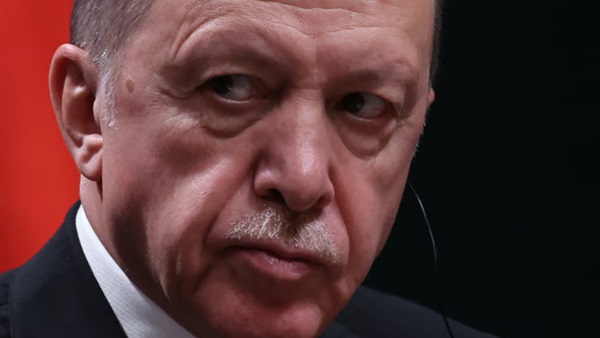European Union Struggles to Balance Relations with Turkey Amid Earthquake Crisis

The recent magnitude 6.3 earthquake that struck Turkey on
February 8th has brought the complex relationship between the European Union
(EU) and Turkey back into the spotlight. As the country struggles to respond to
the disaster and provide aid to those affected, the EU finds itself in a
delicate position, balancing its desire to support Turkey with concerns over
the Turkish government's handling of the crisis.
President Recep Tayyip Erdogan's government has been
criticized by opposition leaders and the Turkish public for its slow response
to the disaster, which has left at least 20 dead and over 1,000 injured. The
government's handling of the crisis has once again raised questions about its
ability to effectively manage natural disasters, and the EU has been closely
watching the situation.
Despite its concerns, the EU has been quick to offer its
support to Turkey, with several member states sending aid and relief workers to
assist with the response effort. The EU has also pledged to provide additional
support in the coming weeks and months, as the country begins the long road to
recovery.
At the same time, the EU is also grappling with the larger
issue of its relationship with Turkey, which has been strained in recent years
due to a number of political, economic, and security concerns. The earthquake
has presented a challenge to the EU, as it must navigate its relationship with
Turkey while also addressing its concerns over the government's handling of the
disaster.
The EU's response to the earthquake in Turkey will be
closely watched by the international community, as it offers a glimpse into the
complex and evolving relationship between the two. The EU must balance its
support for Turkey with its concerns over the government's handling of the
crisis, and work to build a relationship based on mutual respect and
cooperation.
"EU Balances Aid and Concerns in Response to Turkey's
Earthquake Crisis"







